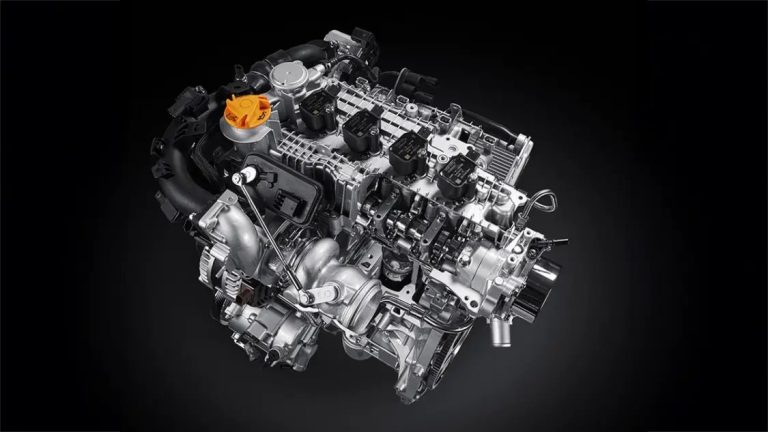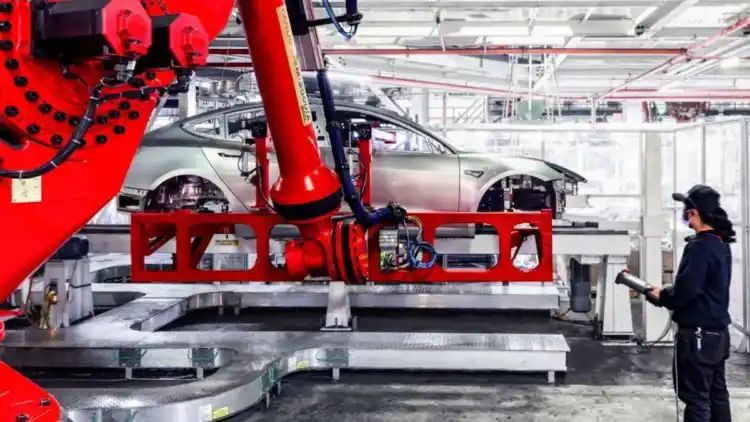Hyundai India’s Dry Wash Service Contributes To Significant Water Conservationt
This initiative, part of the company’s sustainability efforts, has led to the saving of over 650 million litres of water across its service network and workshops in India over the past five years.
Efficient Water Usage in Car Servicing
Normally, a single car wash requires about 120 litres of water. However, Hyundai introduced the Dry Wash service in 2017 as a waterless car cleaning solution. This service not only offers the convenience of location flexibility but also significantly reduces the environmental burden traditionally associated with car washing. Hyundai’s approach aims at reducing the water footprint of car maintenance, showcasing an effective way to mitigate the environmental impacts of such activities.
Impactful Results and Broader Eco Initiatives
Tarun Garg, COO of Hyundai Motor India, shared that through the Dry Wash service, the company has serviced over 5.5 million cars, saving more than 650 million litres of water in the process. To put this into perspective, the water saved could meet the daily water requirements of about 4.8 million people. This achievement underscores Hyundai’s commitment to sustainability and water conservation.
Beyond the Dry Wash service, Hyundai has embraced several eco-friendly practices. These include the adoption of waterborne paint systems, promoting paperless processes, installing LED lighting, implementing solarization projects, and setting up rainwater harvesting systems. These initiatives reflect the company’s holistic approach to environmental stewardship.
Hyundai also expressed appreciation towards its customers for their proactive support and adoption of the Dry Wash service. This customer engagement plays a crucial role in driving the success of such sustainable practices, contributing significantly to the vision of a greener future.
DriveSpark Thinks
The efforts by Hyundai Motor India in advancing water conservation through innovative services like Dry Wash highlight the automotive industry’s potential to contribute positively to environmental sustainability. It showcases a successful model of how responsible business practices can lead to substantial environmental benefits while still meeting customer needs.






